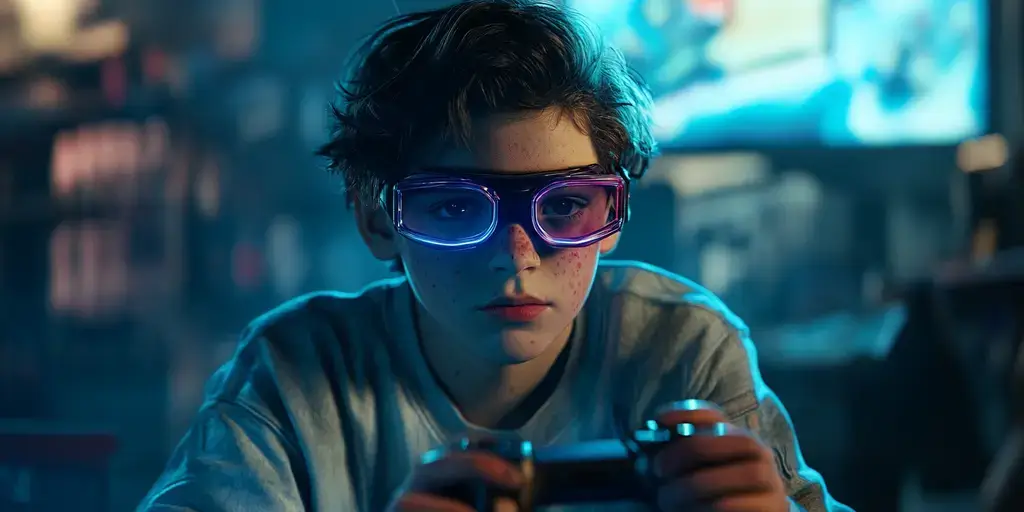Two popular AI song generators, Suno and Udio, are facing legal trouble as major music labels have filed lawsuits against them for alleged copyright infringement. These AI platforms have gained immense popularity among music enthusiasts for their ability to create original songs autonomously using artificial intelligence algorithms.
The music industry is no stranger to copyright issues, with artists and labels constantly battling against piracy and unauthorized use of their creative work. The emergence of AI technology in the music creation space has raised new challenges and legal complexities that are now being put to the test in court.
According to the lawsuits filed by leading music labels, Suno and Udio have been accused of using copyrighted melodies, lyrics, and musical elements in the songs generated by their AI algorithms without obtaining proper licenses or permissions. The labels argue that this constitutes a clear violation of intellectual property rights and undermines the financial interests of artists and rightsholders.
One of the key arguments put forth by the music labels is that AI song generators like Suno and Udio are programmed to analyze existing music catalogues and trends to create new compositions. However, this process raises concerns about the originality and authenticity of the generated songs, as they may inadvertently replicate copyrighted material without proper attribution.
Legal experts believe that the outcome of these lawsuits could set a significant precedent for the future of AI-generated music and the responsibilities of platform developers and operators in ensuring compliance with copyright laws. The cases are expected to explore complex issues such as the distinction between inspiration and imitation in the realm of AI-generated content.
While Suno and Udio have not publicly commented on the ongoing legal proceedings, the lawsuits have sparked discussions within the music industry about the ethical implications of AI technology in creative fields. Some argue that AI song generators have the potential to democratize music production and offer new opportunities for artists to experiment and collaborate.
On the other hand, critics raise concerns about the potential misuse of AI algorithms to exploit and profit from copyrighted material without adequate compensation for the original creators. This debate underscores the need for clear guidelines and regulations governing the use of AI in creative industries to balance innovation and protection of intellectual property rights.
As the lawsuits against Suno and Udio unfold, the music industry and technology community will closely monitor the legal developments and implications for AI-driven music platforms. The outcome of these cases could shape the future landscape of music creation and distribution, highlighting the ongoing tension between innovation and copyright protection in the digital age.










